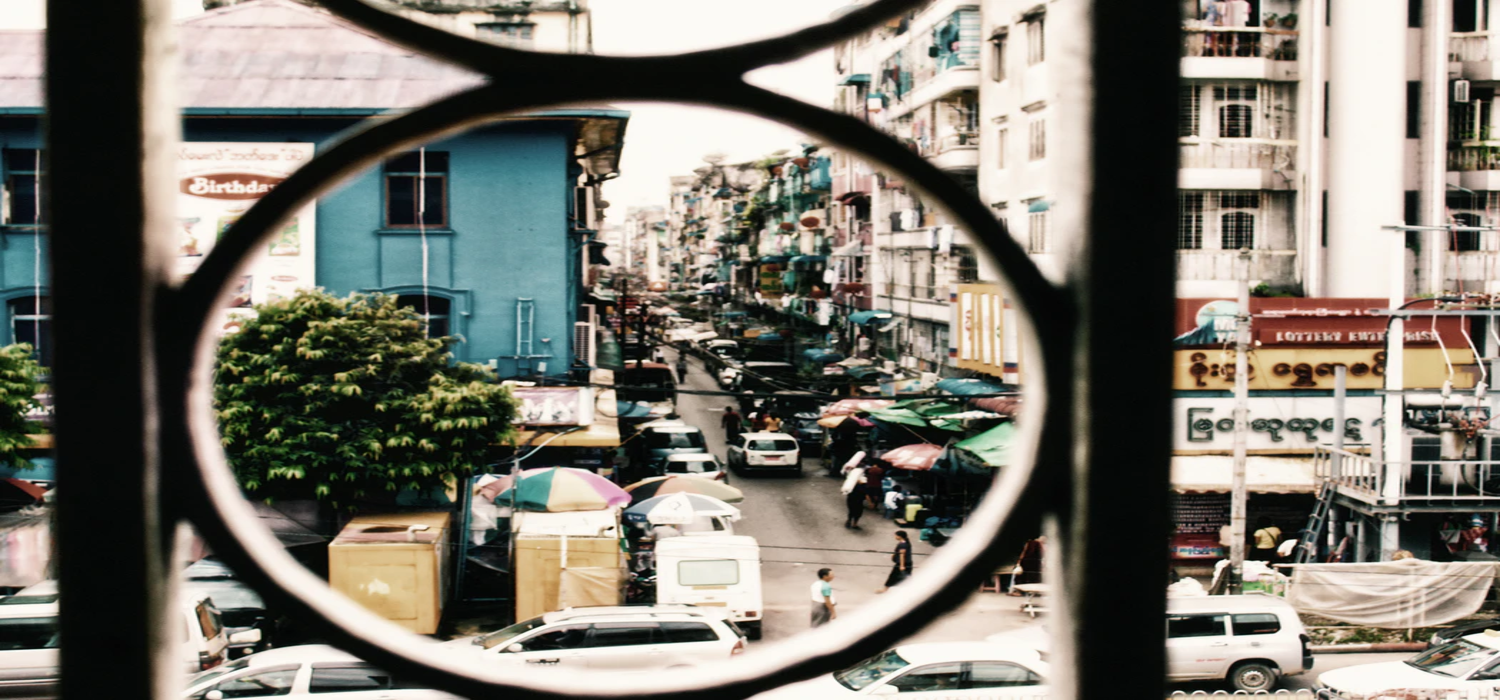Stephen*
Newborn democracies have been threatened by coup d’etat for the longest time. Myanmar, one of the most unstable democracies, faces the brunt this time.
Myanmar has been under democratic transition since the Saffron Revolution in 2007. The conversion was realised after Aung San Suu Kyi, leader of the National League for Democracy (NLD), was released in 2010. The NLD won the 2015 elections and has been implementing democratic reforms until now. General Min Aung Hlaing seized power from a military coup on 1st February, arresting Suu Kyi and other NLD leaders, plunging Myanmar into yet another political turmoil.
The unexpected coup faced heavy backlash, as thousands of Burmese took the streets to protest against the military junta and demanded the release of the democratically-elected leaders [1]. Fear of a strong and re-organised opposition followed by mass protests, the military junta briefly suspended the Internet nationwide and pressured ISPs (internet service providers) to ban social media platforms such as Facebook and Twitter to prevent the spread of anti-government materials and information [2]. The Internet restriction was reportedly evadable using VPNs at the moment by encrypting users’ locations and IP addresses [3], allowing the Burmese protesters to be kept informed and organise street protests against the illegitimate junta.
The junta threatens Burmese Internet freedom further through the recently-drafted cybersecurity law. ISPs are obliged to provide Internet users’ information such as usernames and IP addresses to the state, aiming to eliminate anonymity and privacy of users. Individuals could also be imprisoned for up to 3 years for “causing social panic by circulating disinformation or misinformation” [4]. The measures above are very common in countries with little to no Internet freedom such as China, with the aim to repress dissidents and to exert full control over the cyberspace [5].
Myanmar has suffered from restricted Internet access before. One of the longest Internet shutdowns has been imposed in Rakhine and Chine in western Myanmar since June 2019 in the name of national security in the context of the Rohingya Crisis [6]. The region has been highly contested between the Myanmar government and the separatist Rakhine Arakan Army since 2019. Muslim Rohingyas in the area are ethnic minorities were persecuted and massacred by the Myanmar state, causing thousands of casualties and displacing as much as 700,000 Rohingyas. The ongoing shutdown in the western part of the country has caused serious consequences. Most in the region have minimal information regarding the outbreak of Covid-19 [7], endangering millions and raising serious public health concerns that could have been avoided.
Limiting Internet access is one of the most apparent indicators that democracy is under threat. This is relatively prevalent in the states that are shifting to democracies from former autocracies or juntas as the democratic institutions are not entrenched enough to defeat their restorations. If the international community and western democracies aren’t willing to denounce and sanction those who are responsible, this could be perceived as acceptable by autocrats and would only go so far as to make digital and human rights disposable in the near future.
Each of us can help the Burmese protesters by raising awareness through sharing the related events on social media and writing to our MPs to get public stakeholders to stand with the freedom fighters. Freedom could be taken from our grasp in just a snap if we stop paying attention to the events that put it under threat.
*This text is authored under the pseudonymous of Stephen.
Footnotes:
[1] Reuters, 2021. Protests sweep Myanmar to oppose coup, support Suu Kyi. [online] Reuters. Available at: https://www.reuters.com/article/us-myanmar-politics-protest-idUSKBN2A702Y> [Accessed 10 February 2021].
[2] [3] BBC News, 2021. Myanmar coup: Internet shutdown as crowds protest against military. [online] BBC News. Available at: https://www.bbc.com/news/world-asia-55960284 [Accessed 10 February 2021]
[4] Kurtenbach, E., 2021. Myanmar draft cybersecurity law adds to protests over coup. [online] AP News. Available at: https://apnews.com/article/internet-service-providers-asia-myanmar-asia-pacific-9239b24725e01030ff9e8d29e252ae06 [Accessed 12 February 2021].
[5] Stephen, 2021. Is China Opening Up to Become the Next Privacy Stronghold?. [online] LAPIN. Available at: https://lapin.org.br/en-gb/2021/02/08/is-china-opening-up-to-become-the-next-privacy-stronghold/ [Accessed 12 February 2021].
[6] [7] Human Rights Watch, 2020. Myanmar: End World’s Longest Internet Shutdown. [online] Human Rights Watch. Available at: https://www.hrw.org/news/2020/06/19/myanmar-end-worlds-longest-internet-shutdown [Accessed 10 February 2021].





